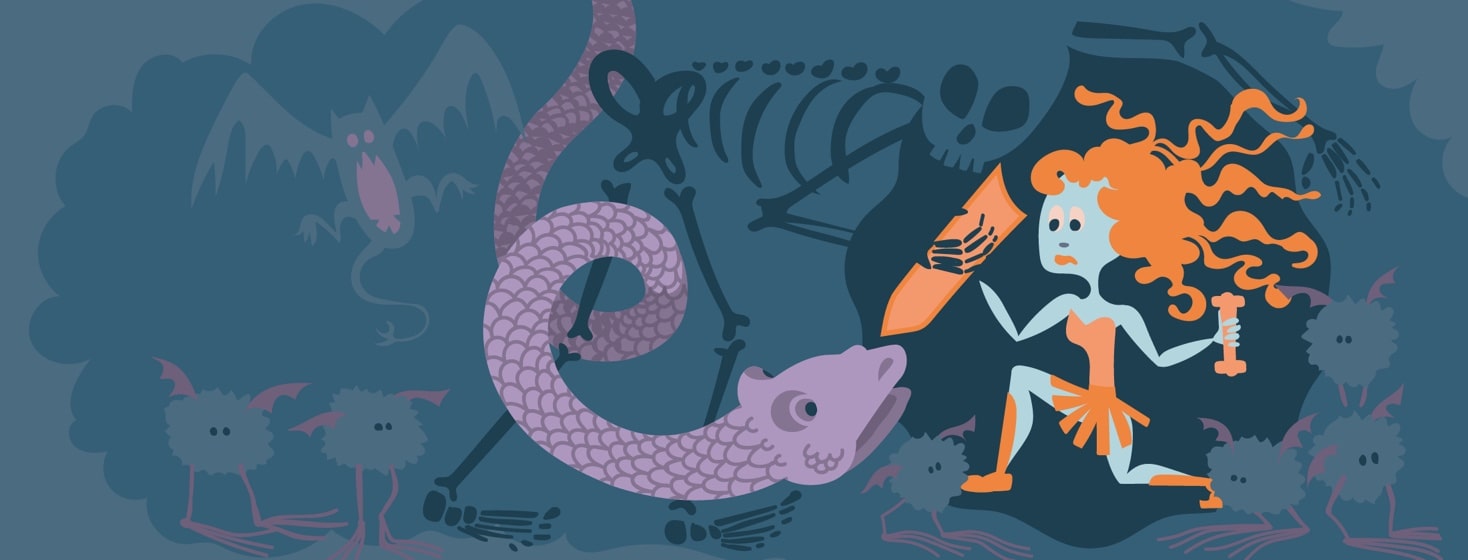Endometriosis and Comorbidities: What I Wish I Had Known
When I think back to my initial diagnosis of endometriosis, I had so many feelings and questions circling around in my head. But more than anything, I actually felt relief. I had an answer for what I was experiencing month after month. I wasn’t imagining things, I wasn’t just “sensitive.” Yes, there was an actual name for it. But there was so much more that I wish I’d known, especially about what I’d be at greater risk for developing.
But as they always say, hindsight is 20/20. If I could go back, years ago, there are many things I would warn myself about. Most importantly, I wish I knew about the domino effect that I would experience. I wish I was more aware of all of the other things that could be there, lurking in the background. If I had known, I could be more prepared. I could get ahead of them. I could save myself years, yes, literally years, of damage to my body.
It is with this in mind, that I hope you learn what I wish I had known that day, all those years ago, when I sat in the doctor’s office, feeling such relief. I wish someone had told me to be aware of these things. Be prepared, just in case. Be on the lookout for these things they call "comorbidities".
What are comorbidities?
Technically, a comorbidity is when you have one or more additional diseases that occur at the same time as another disease. In my experience, pinpointing the “primary” disease can be difficult, often leading to a sort of "chicken and egg" scenario. However, in the case of endometriosis, there is a risk of experiencing quite a few different types of comorbidities.
Autoimmune conditions
Based on my experience, I’ve developed several autoimmune conditions since my endometriosis diagnosis, including Hashimoto’s, psoriatic arthritis, and rheumatoid arthritis. Having endometriosis puts us at a higher risk of developing autoimmune conditions than those without endometriosis. Because the body’s natural immune defences are activated when the tissue develops outside the uterus, it causes increased inflammation which raises your risk for additional autoimmune conditions. In addition to autoimmune conditions, evidence suggests that we are also at risk for developing cardiovascular diseases, some types of cancers, as well as allergies and asthma.
Why is this information important, especially for the newly diagnosed?
I want to be clear, I’m not sharing my experiences to scare anyone or cause additional anxiety about living with endometriosis. Nor do I suggest you get overly concerned about every new ache or pain. I share my experiences simply to inform.
I wish someone had warned me, all those years ago, to be aware that I was at a greater risk for some diseases (especially autoimmune conditions). It would have make such a difference to be better prepared, know the signs, and be able to take preventative measures such as dietary or behavioral changes.
Steps you can take
Once you are aware of your risk for other conditions, you can take steps to help lower your risk. For example, I’ve found that following an autoimmune diet helps calm the overall inflammation in my body. Supplements and (attempts) at regular exercise keep my weight under control and my heart strong. In addition, when you are informed about your risk for comorbidities, you can keep close track of changes to your body and get to your doctor if needed.

Join the conversation